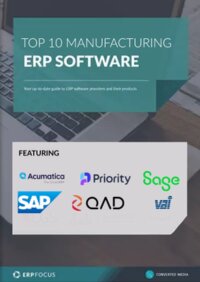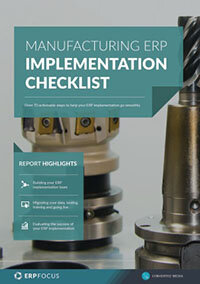Discrete Manufacturing ERP: Scheduling Strategies
Scheduling of work is one of the many arrows in the ERP system quiver. There are some who use scheduling a lot and many who might not appreciate the power it provides an ERP user. Scheduling applies to any kind of ERP including discrete manufacturing ERP.
Forward Scheduling vs Backward Scheduling
In the simplest terms, scheduling will line up work in a sequence of operations so that the job can complete when the customer expects their order. The lean manufacturing purist will want work to complete just in time for shipment. He will use backward scheduling and the discrete manufacturing ERP will begin with the shipment date and back off the start of each operation to arrive at the latest possible start date for production.
Another ERP user might want to start right away so there is a cushion before shipment if any problems arise. He might also want to get work out of the way so that any unexpected orders can be accommodated. That user will select forward scheduling. The discrete manufacturing ERP will begin today and move out in time, arriving at the soonest possible completion date.
Either ERP scheduling model needs to be concerned with the availability of materials and shop capacity. In the forward schedule example, we might know that all necessary materials will be on hand on the 10th of the month so we could forward schedule from that date and not today. All ERP systems will calculate the total load on the shop. Load is the number of hours required at a work center to build all jobs required at that work center.
Infinite Capacity vs Finite Capacity
Another schedule modifier is infinite capacity. When one selects that tool, he expects that no matter what the total load is, he can always create new capacity by working overtime as needed. Another user might use finite capacity. He believes that there is a limit to the number of hours a piece of equipment can be used and that the scheduling system must be limited to that capacity. If a work center or equipment resource reaches its capacity, any work must be scheduled in future time periods.
All these schedule modifiers can be used in combination. Some resources might be scheduled infinitely and others scheduled as finite. Discrete manufacturing ERP can manage this combination easily. An ERP user might schedule a job to start using forward scheduling and after some of the work is complete he might reschedule the completion of the job using backward scheduling. The job will be held partially complete.
All these tools are there to fine-tune your production to best use your resources and deliver on time to your customers. Understand the tools and become an expert scheduler.
Free white paper
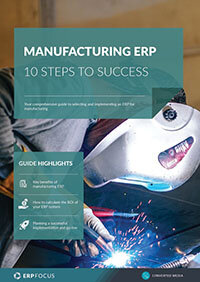
Manufacturing ERP: 10 steps to success
Complete step-by-step guide to manufacturing ERP software
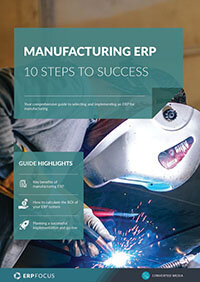
Featured white papers
Related articles
-

ERP capacity planning and scheduling
The different types of capacity planning and how this impacts scheduling
-

CMMC Compliance: What Aerospace and Defense Manufacturers Need to Know
Key insights on CMMC compliance, deadlines, and securing DoD contracts with CMMC 2.0 certificatio...
-
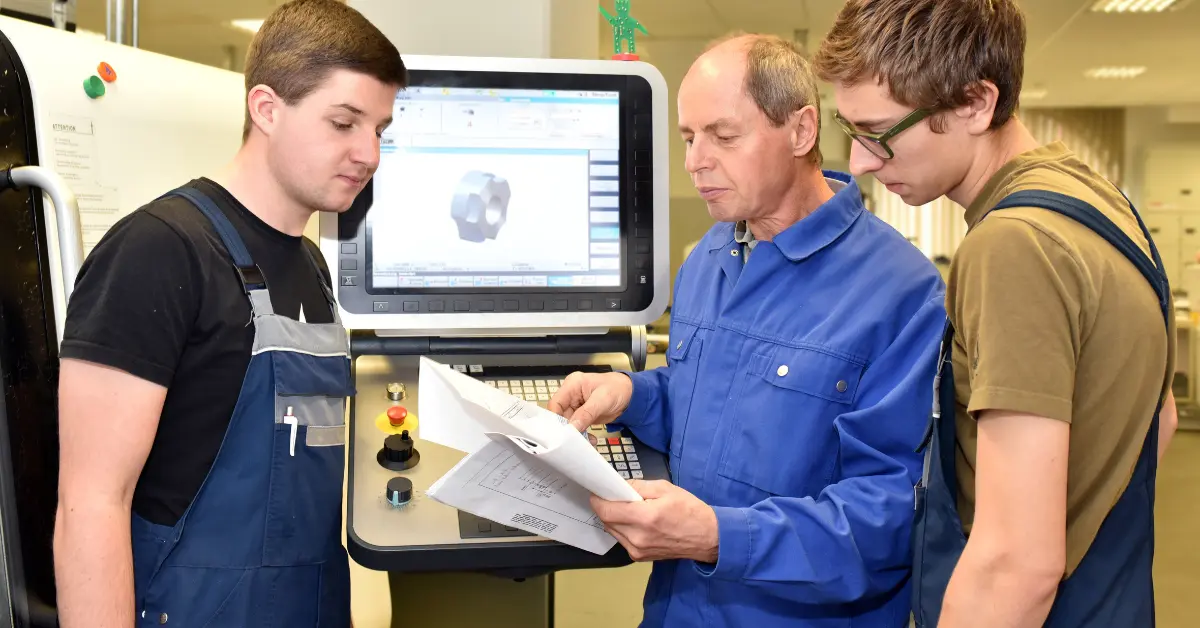
4 training tips for manufacturing ERP success
These four training tips will help your employees get the most out of your new manufacturing ERP ...


